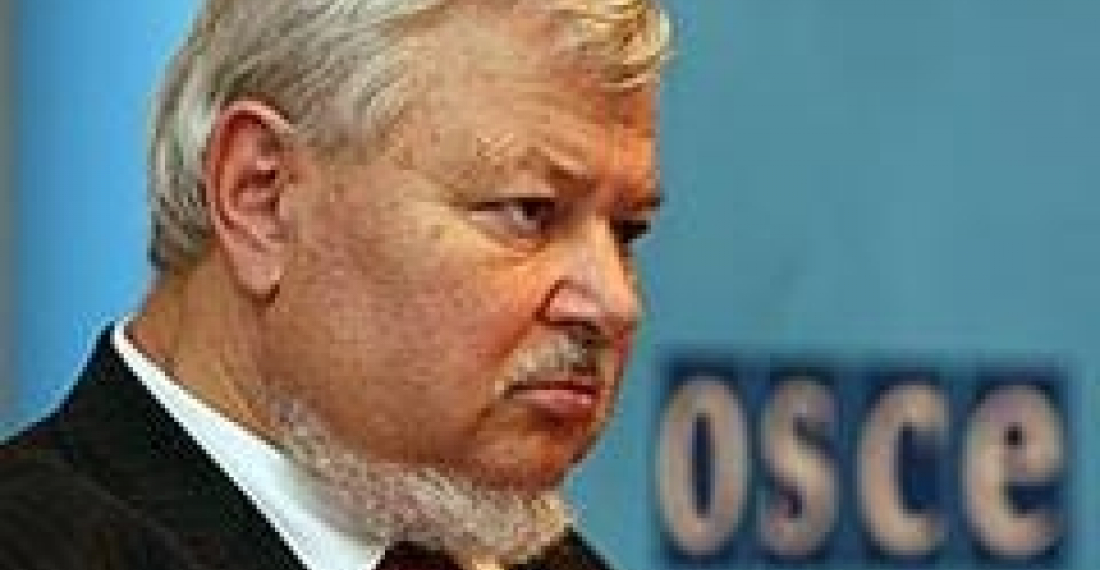We will not be able to resolve the Nagorno-Karabakh conflict in the near future but we must do something to minimize the threat of new war - this is the opinion of both the co-chairs and the conflicting parties. At the same time, both the Armenians and the Azeris are seeking to get as much as possible as a result of the peace talks, Andrzej Kasprzyk, personal representative of the OSCE CIO on the Nagorno-Karabakh conflict, said in an interview to Nowa Europa Wschodnia.
He said that the Nagorno-Karabakh conflict is very much like a dynamite for the Armenian and Azeri presidents: one wrong move and it may explode. They may lose their positions as a result so they need to be very careful. That's why they are thinking twice before doing something. The Azeris have oil and gas and has much bigger military budget while the Armenians have better geographic positions: they are deployed in highlands while the Azeris are mostly in lowlands.
Kazprzyk said that there are still lots ot moot points: the Azeris agree to a corridor between Armenia and Nagorno-Karabakh but the question is how wide it should be and who will control it before the peace agreement is signed. One more big problem is referendum: the Armenians suggest voting in Nagorno-Karabakh, where were thrice as many Armenians in 1989, while the Azeris insist on a voting covering the whole territory of Azerbaijan. So, there is yet no agreement when exactly the referendum will be held.
Kazprzyk believes that today it is necessary to reduce the tension coming from the sense of endless war. Only patient negotiations will lead to agreement. For the moment, the parties are failing to come to terms and keep appointing new meetings. This is at least a guarantee that there will be no new war. A special committee may be formed for considering ways of to hold the referendum and to determine the status of Nagorno-Karabakh but this will happen only when the tension drops. One thing is clear: this conflict cannot be resolved at one stroke as this would result in displeasure from either the Armenians or the Azeris.







